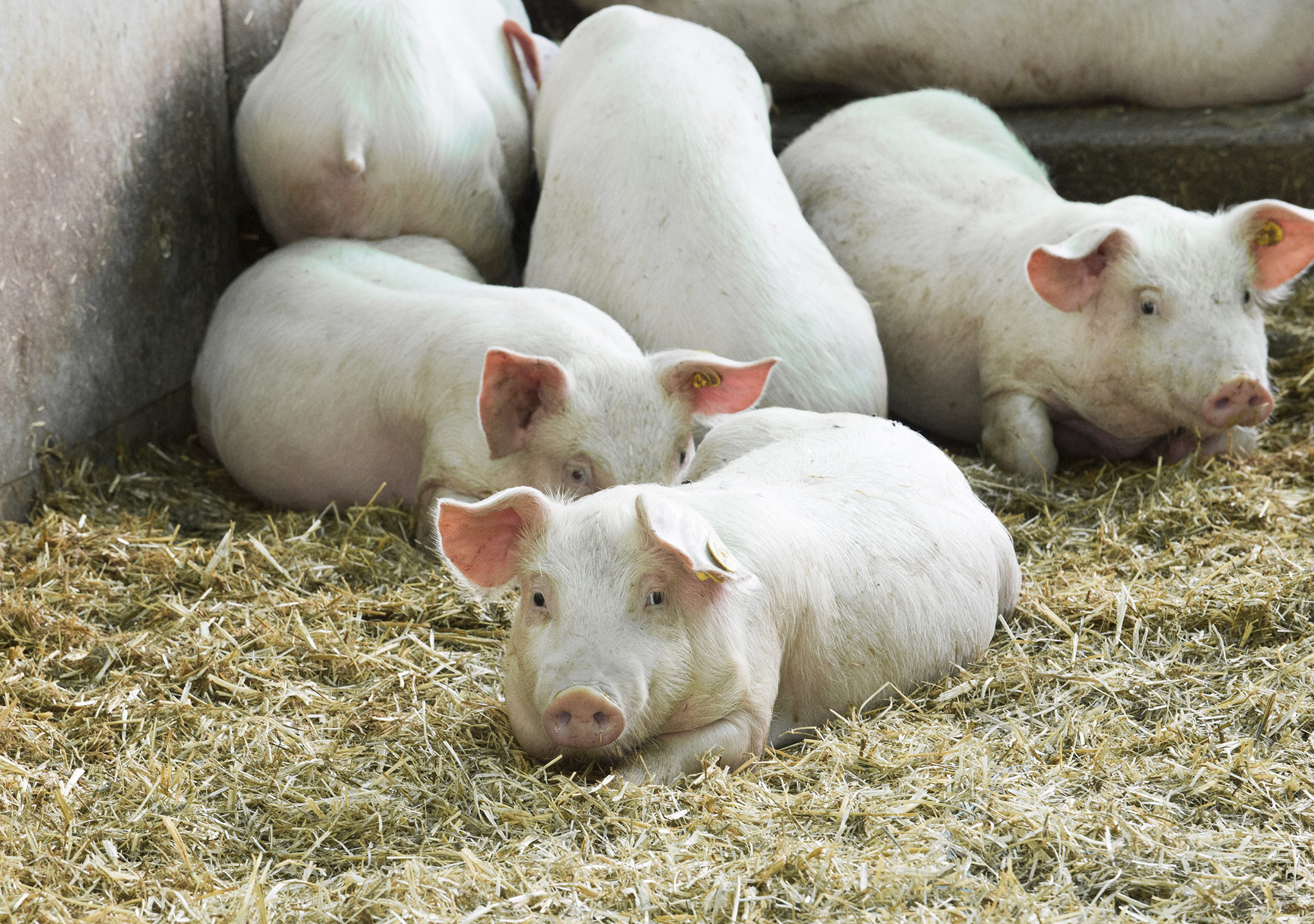
Japanese encephalitis has not been detected in WA but caution is urged to watch for signs of the mosquito borne viral disease, which can also infect humans.
The disease is not a food safety concern and pork and pig meat products are safe for human consumption.
Department of Primary Industries and Regional Development (DPIRD) Biosecurity Executive Director Mia Carbon said while the risk to WA was currently low, it was important to maintain vigilance.
“Japanese encephalitis is a serious disease that can cause reproductive losses in pigs, as well as mild to severe disease in horses and donkeys,” Dr Carbon said.
“The disease is spread between pigs by the bite of an infected mosquito and cannot be directly spread from pigs to people.
“Pig owners should monitor and report any mummified, stillborn or weak piglets, as well as tremors and convulsions, which can occasionally occur in pigs up to six months of age.
“In most cases, Japanese encephalitis in horses is mild but owners should monitor and report any disease signs, including an elevated temperature, jaundice, lethargy, anorexia and neurological signs, such as incoordination, difficulty swallowing and impaired vision.”
Monitoring and reporting will support DPIRD and industry surveillance to ensure early detection of the disease, should it occur in WA.
The department is working with WA Department of Health, as well as interstate and national organisations, as part of a coordinated national response to the disease incident in the eastern states.
Pig and horse owners are advised to manage mosquitoes on their property to minimise potential human and animal exposure to mosquito borne viruses.
“Should Japanese encephalitis be detected within the State, these simple yet effective measures to manage mosquitoes will help to reduce the risk of virus transmission,” Dr Carbon said.
Suspect signs of Japanese encephalitis should be reported to a local private veterinarian, DPIRD veterinary officers or the national Emergency Animal Disease Watch Hotline on 1800 675 888.
More detail on Japanese encephalitis in animals is available on the DPIRD website www.agric.wa.gov.au/japanese-encephalitis.
For human health information visit the Healthy WA website and search for ‘mosquito diseases’.
Picture caption: Pig and horse owners are urged to monitor and report signs of Japanese encephalitis, after the disease was detected in eastern states’ piggeries.


